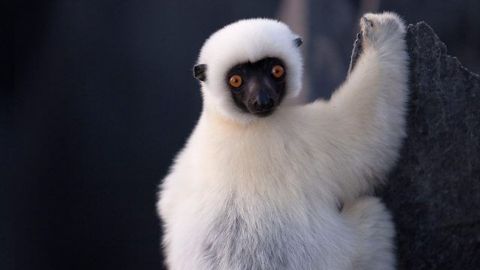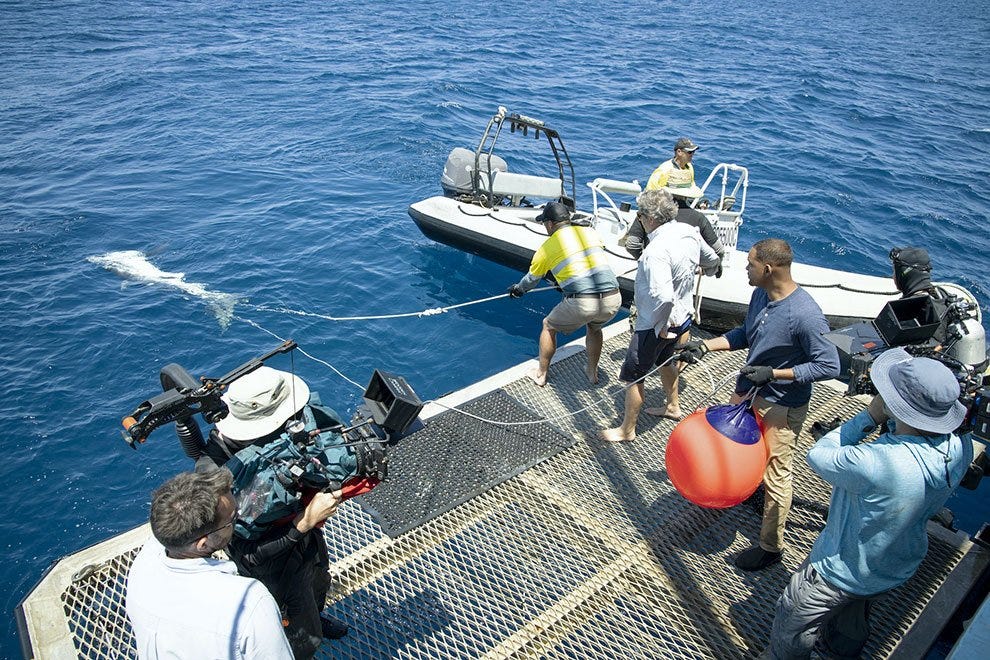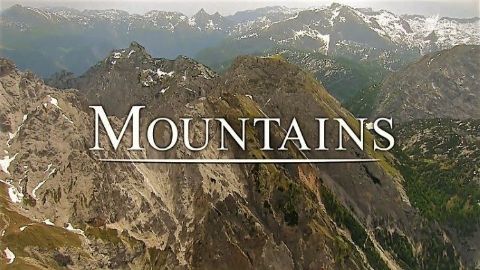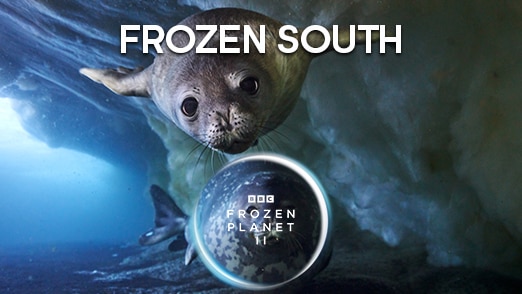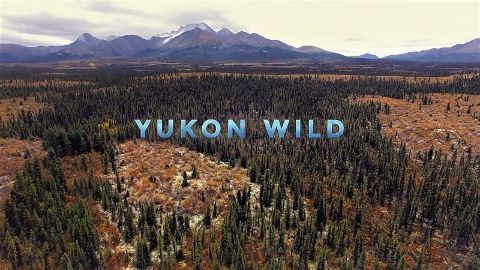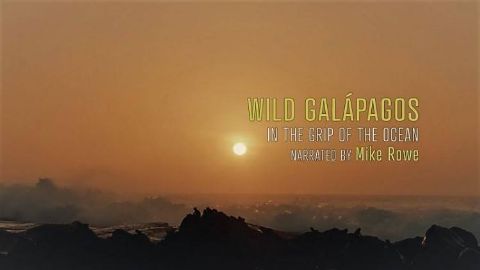Borneo • 2020 • episode "S1E2" • Earth's Tropical Islands
In the heart of south-east Asia lies the tropical island of Borneo. Twice the size of the British Isles, it is the third largest island on earth and home to possibly the greatest diversity of life of any island. Its huge variety of habitats, from bustling coral reefs and ancient jungles to towering mountains, have given rise to more than 60,000 species of plants and animals - many found nowhere else on Earth. This documentary covers Borneo's rich abundance of wildlife, from frogs to orang-utans.
Make a donation
Buy a brother a hot coffee? Or a cold beer?
Hope you're finding these documentaries fascinating and eye-opening. It's just me, working hard behind the scenes to bring you this enriching content.
Running and maintaining a website like this takes time and resources. That's why I'm reaching out to you. If you appreciate what I do and would like to support my efforts, would you consider "buying me a coffee"?
Donation addresses
BTC: bc1q8ldskxh4x9qnddhcrgcun8rtvddeldm2a07r2v
ETH: 0x5CCAAA1afc5c5D814129d99277dDb5A979672116
With your donation through , you can show your appreciation and help me keep this project going. Every contribution, no matter how small, makes a significant impact. It goes directly towards covering server costs.
